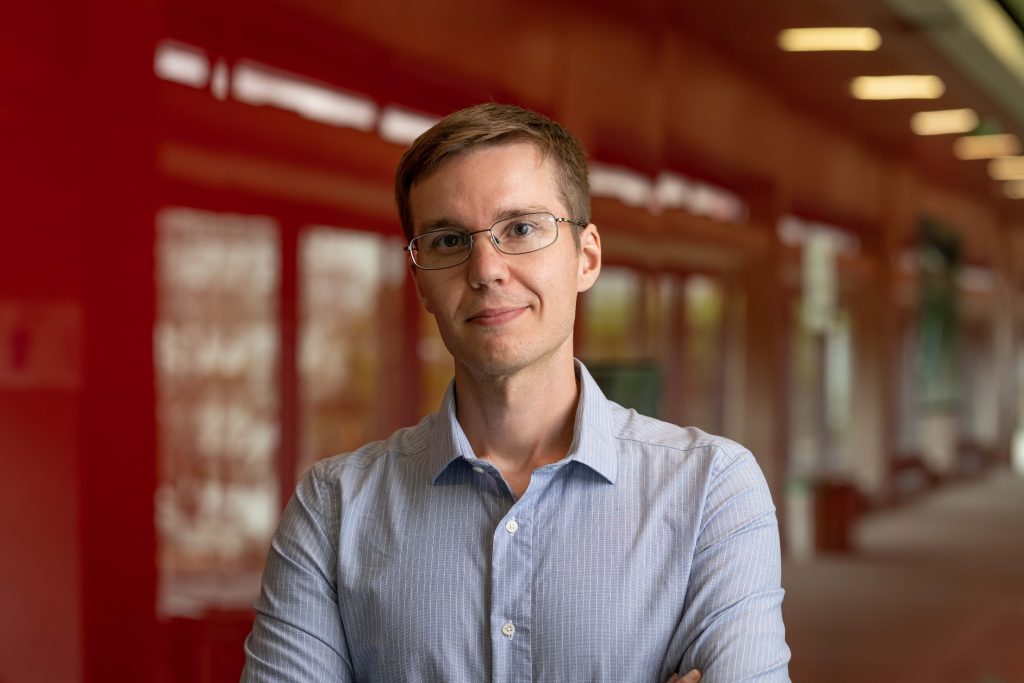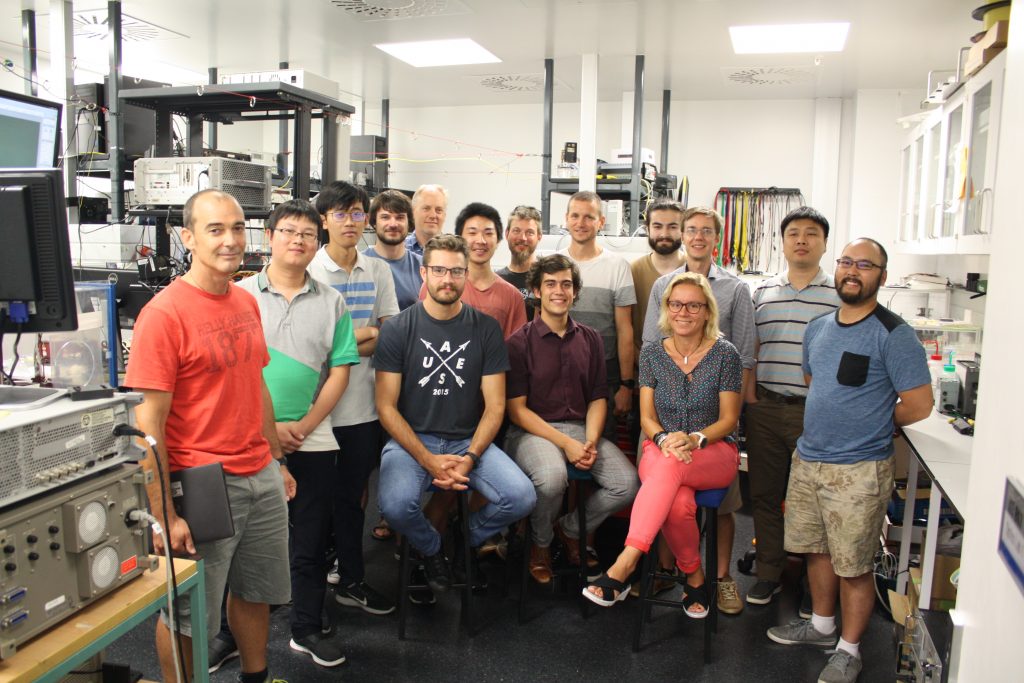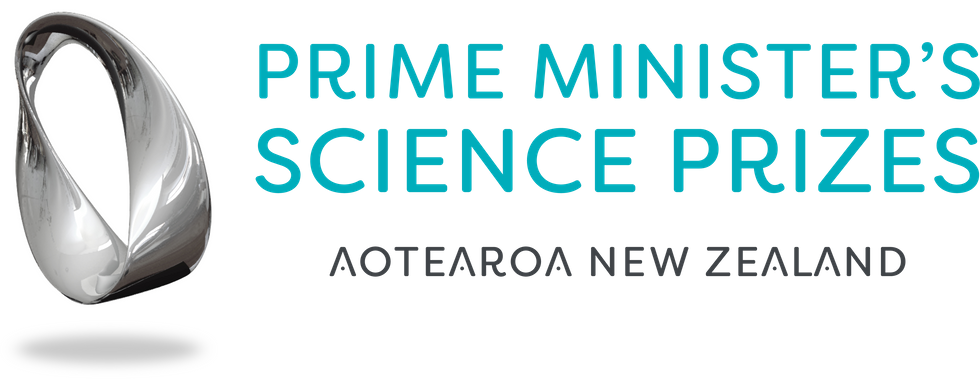2019 Prime Minister’s MacDiarmid Emerging Scientist Prize Winner

The 2019 Prime Minister’s MacDiarmid Emerging Scientist Prize Winner is Dr Miro Erkintalo, a senior lecturer at the University of Auckland, who researches and develops new kinds of laser devices that could enable many new and improved applications, including faster and cheaper internet.
Miro has made pioneering contributions towards the development of new laser technologies and several other areas of optical engineering and laser physics.
Among Miro’s achievements is the introduction of a theoretical model for the description of a ground breaking new technology that can convert a single laser beam into hundreds or thousands of beams with different colours.
The technology, known as a microresonator frequency comb, has the potential to be used in many applications, including self-drive cars and in advancing the telecommunications we have today.

With his colleagues, Miro has also designed and developed new low-cost ultrashort pulsed laser devices that improve applications, and made significant contributions to the experimental study of so-called temporal cavity solitons that could enable futuristic light-based memory devices.
Professor Stefan Wabnitz of Sapienza University of Rome, who’s worked in the field of optical communications and nonlinear optical effects for more than 30 years, was one of Miro’s nominators. “Miro is, without doubt, one of the most talented young researchers I know. Miro has conducted leading-edge science in many sub-disciplines of nonlinear optics and lasers, and his investigations have resulted in the generation of valuable knowledge in the field and has had a broad impact.”
Miro has published more than 70 articles in peer-reviewed journals, including highly respected and selective journals such as Nature Photonics and Physical Review Letters. Collectively his articles have been cited more than 4,000 times. His peers describe these achievements as quite extraordinary for an emerging researcher.
Miro says he’s privileged to have many world-leading collaborators and students to work with in New Zealand.
“All of the team bring their distinct skills and expertise to the table, and together we achieve better outcomes than any of us could achieve on our own. Science is really a team sport,” he says.
